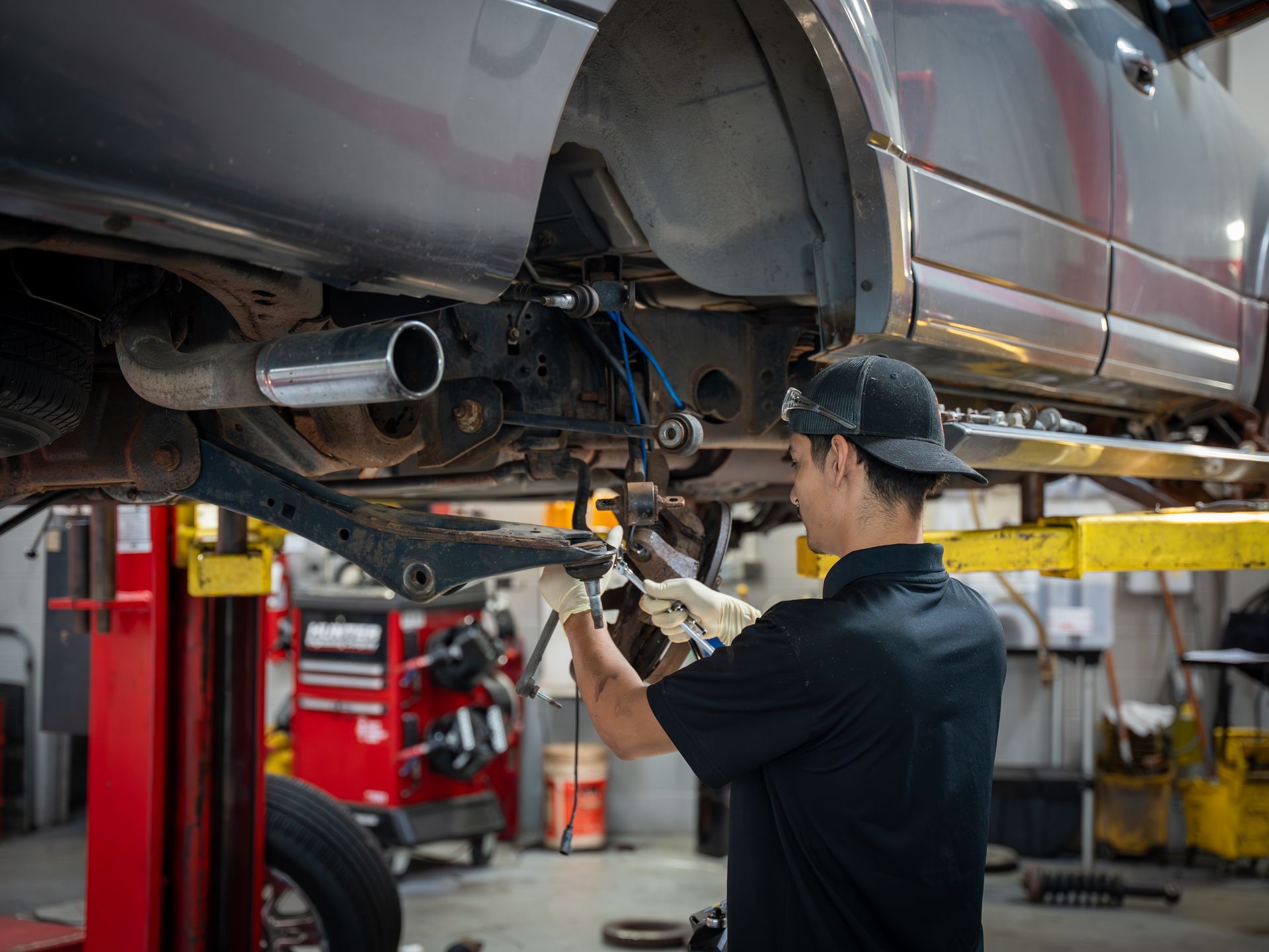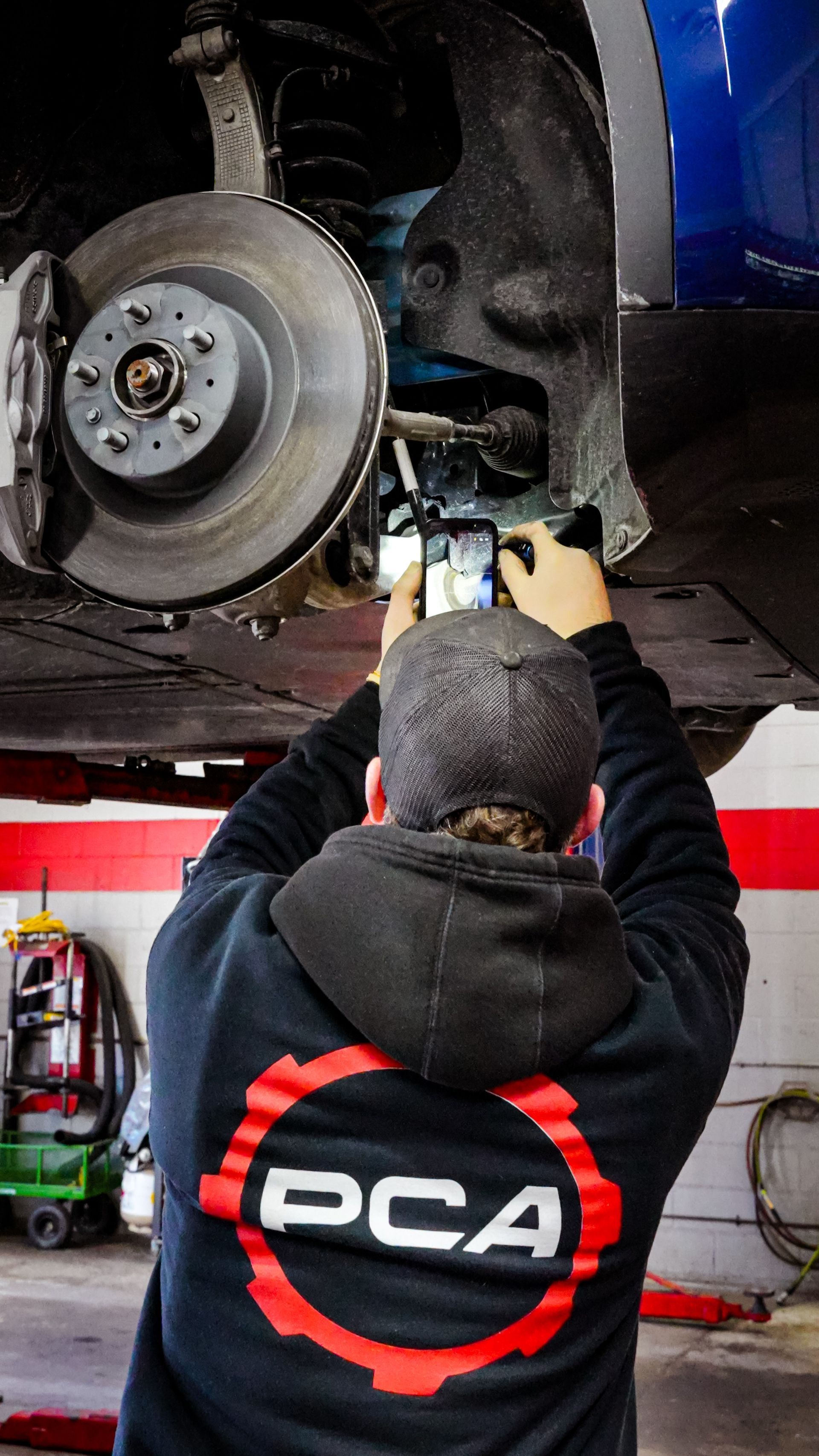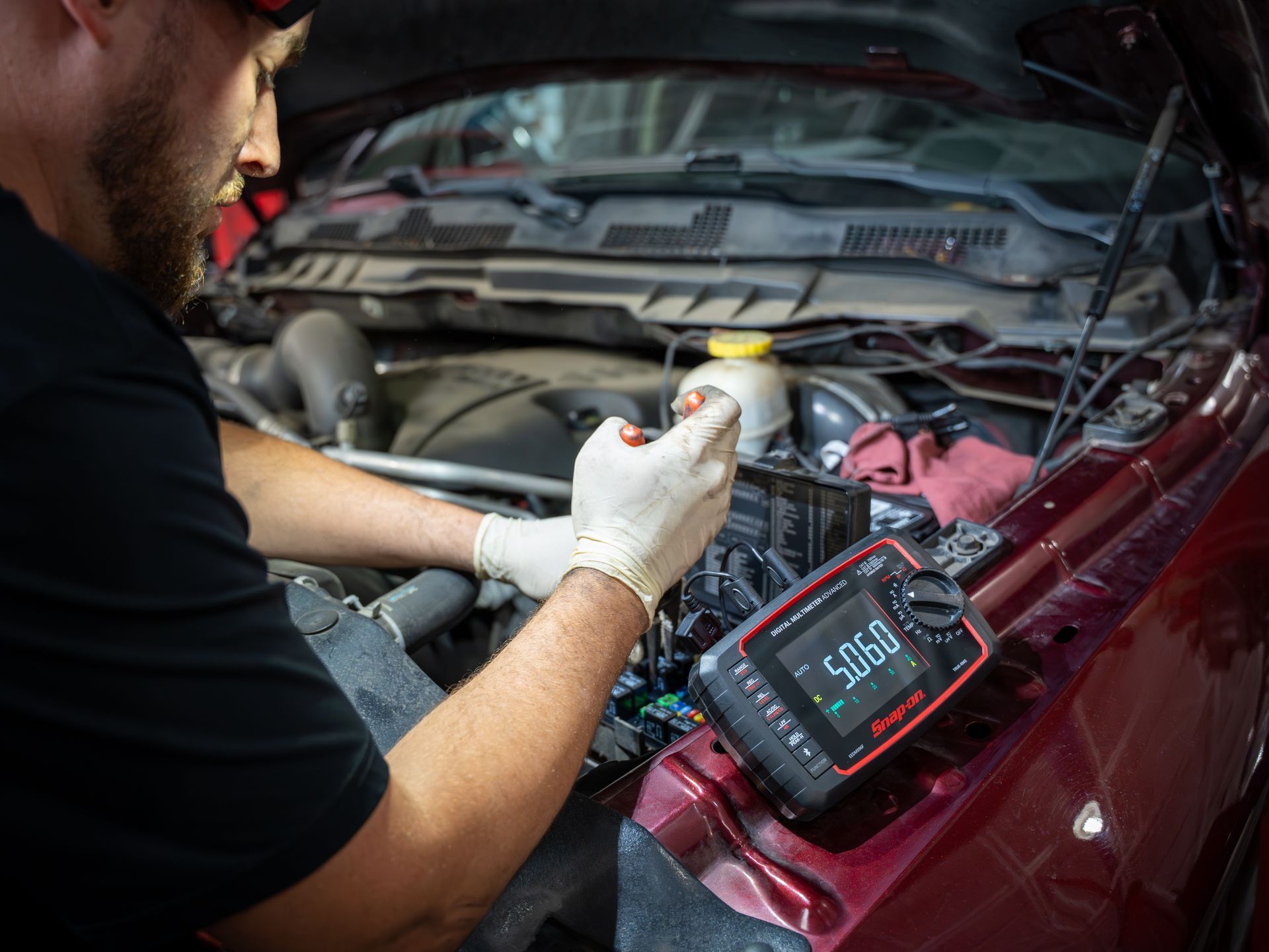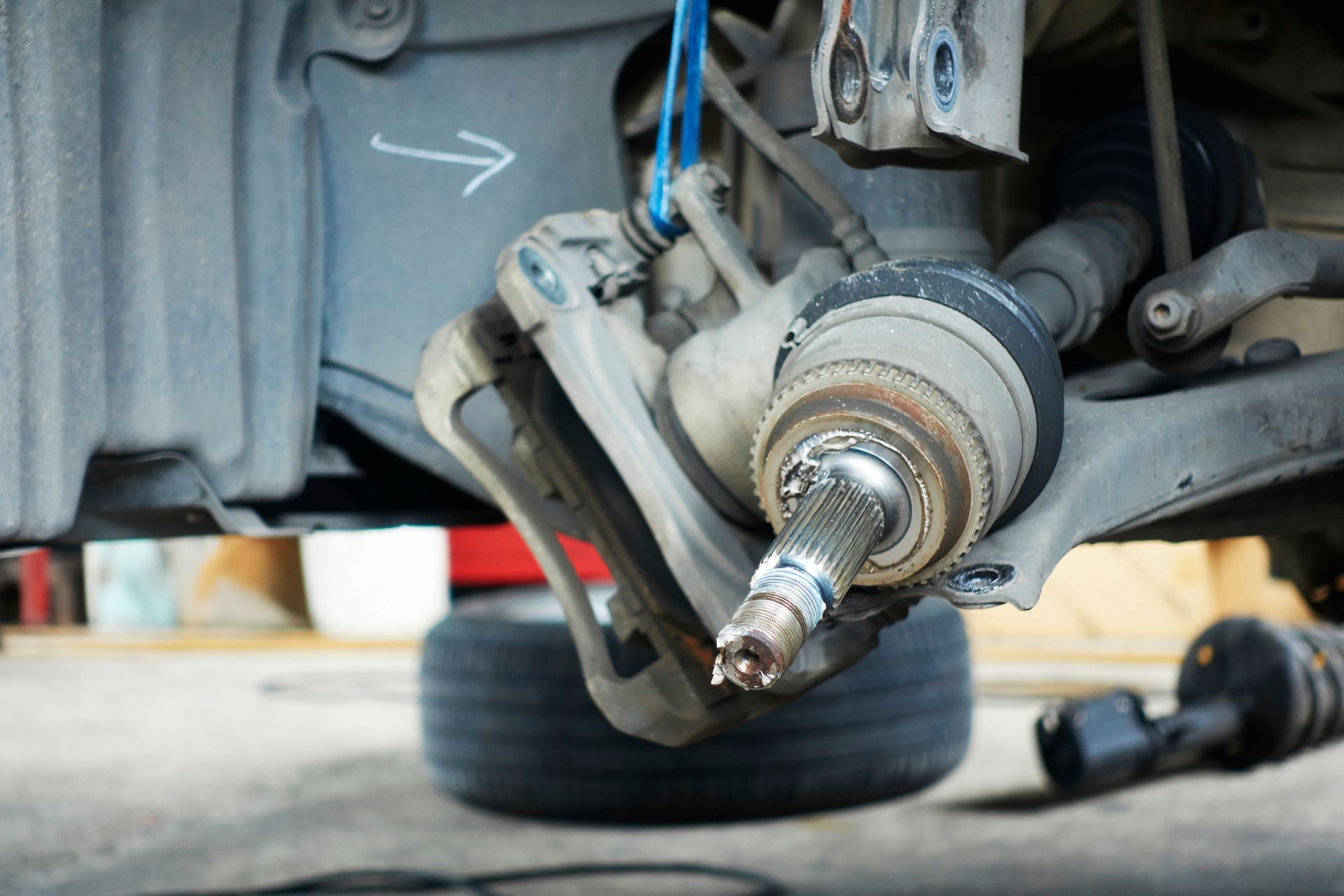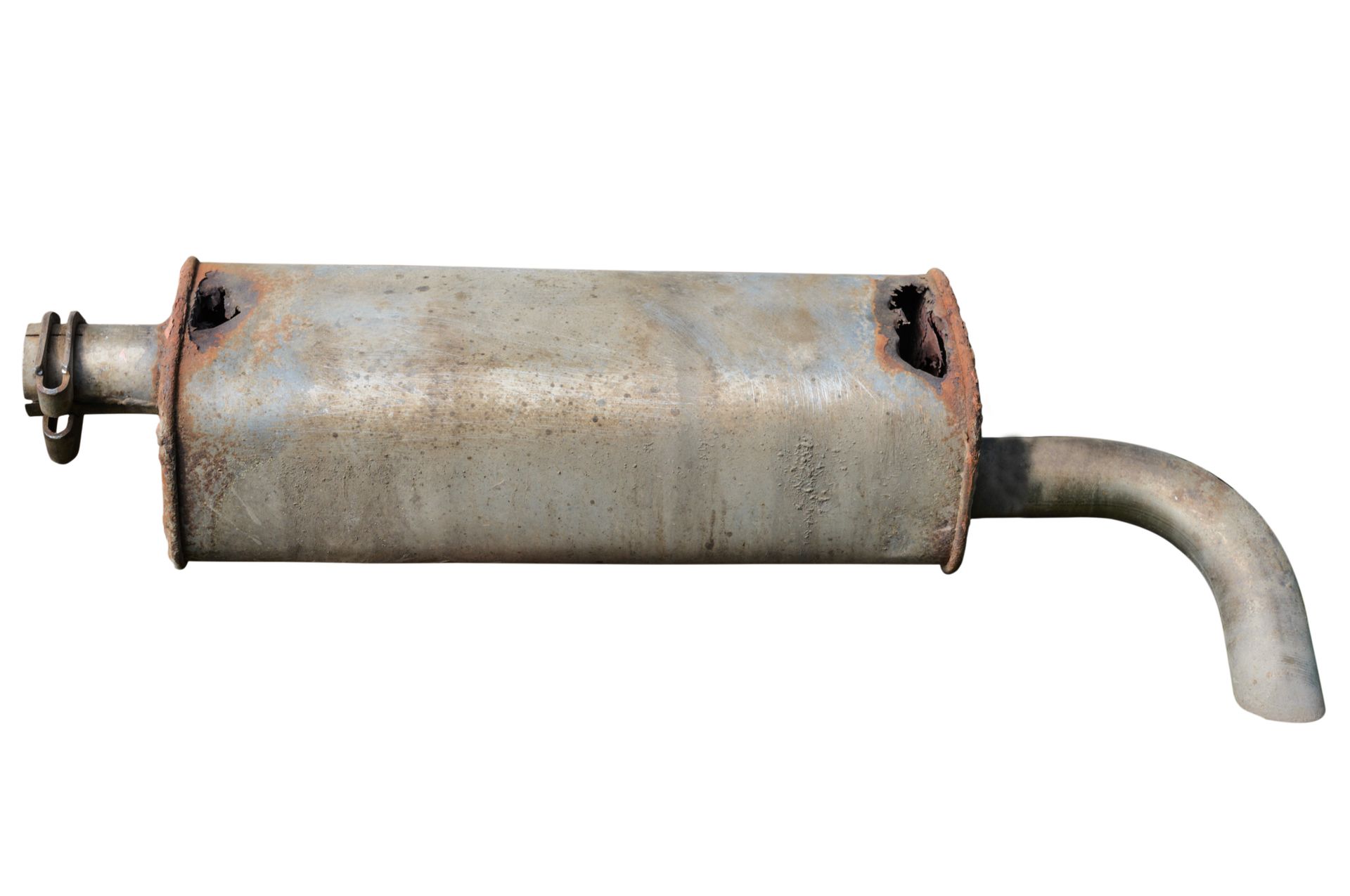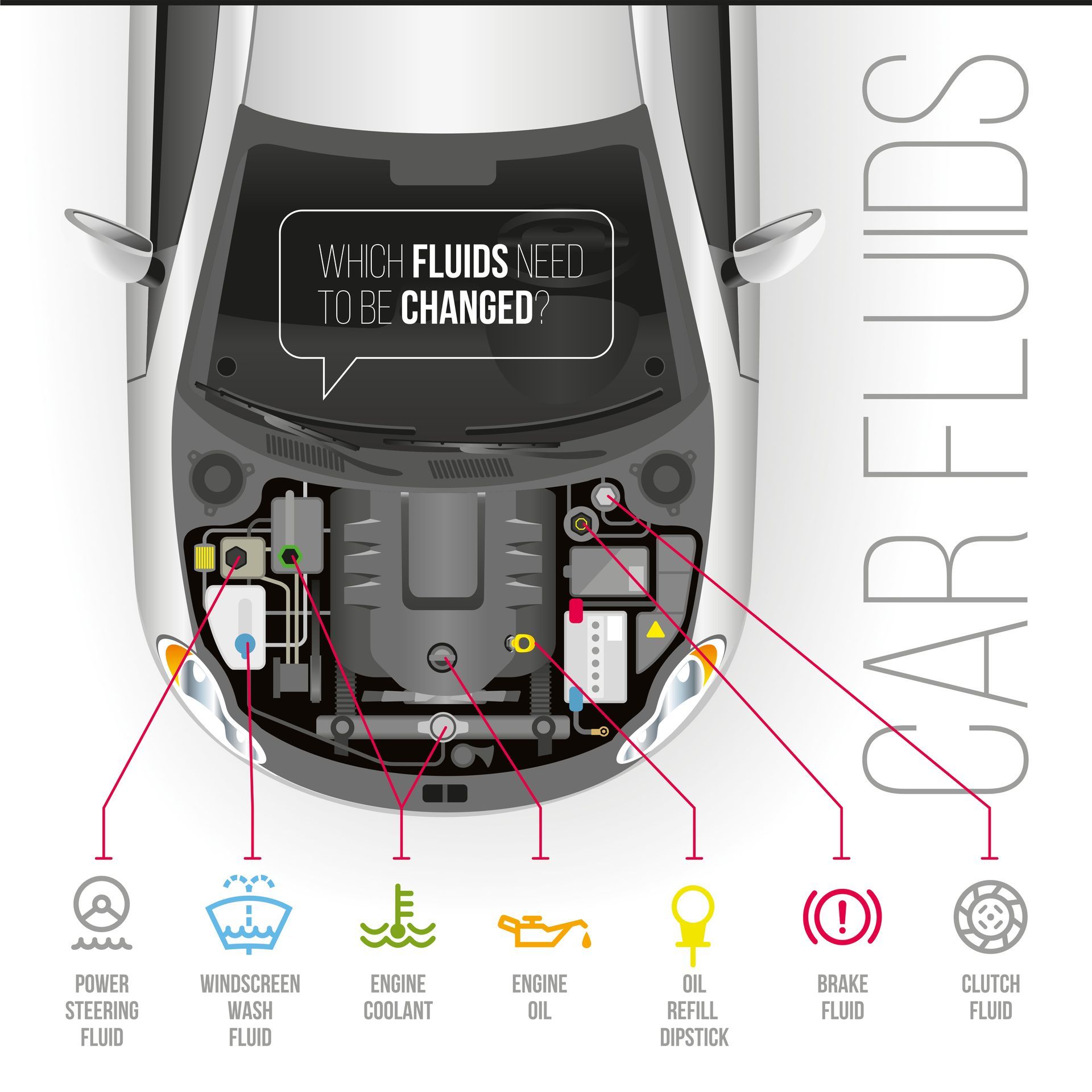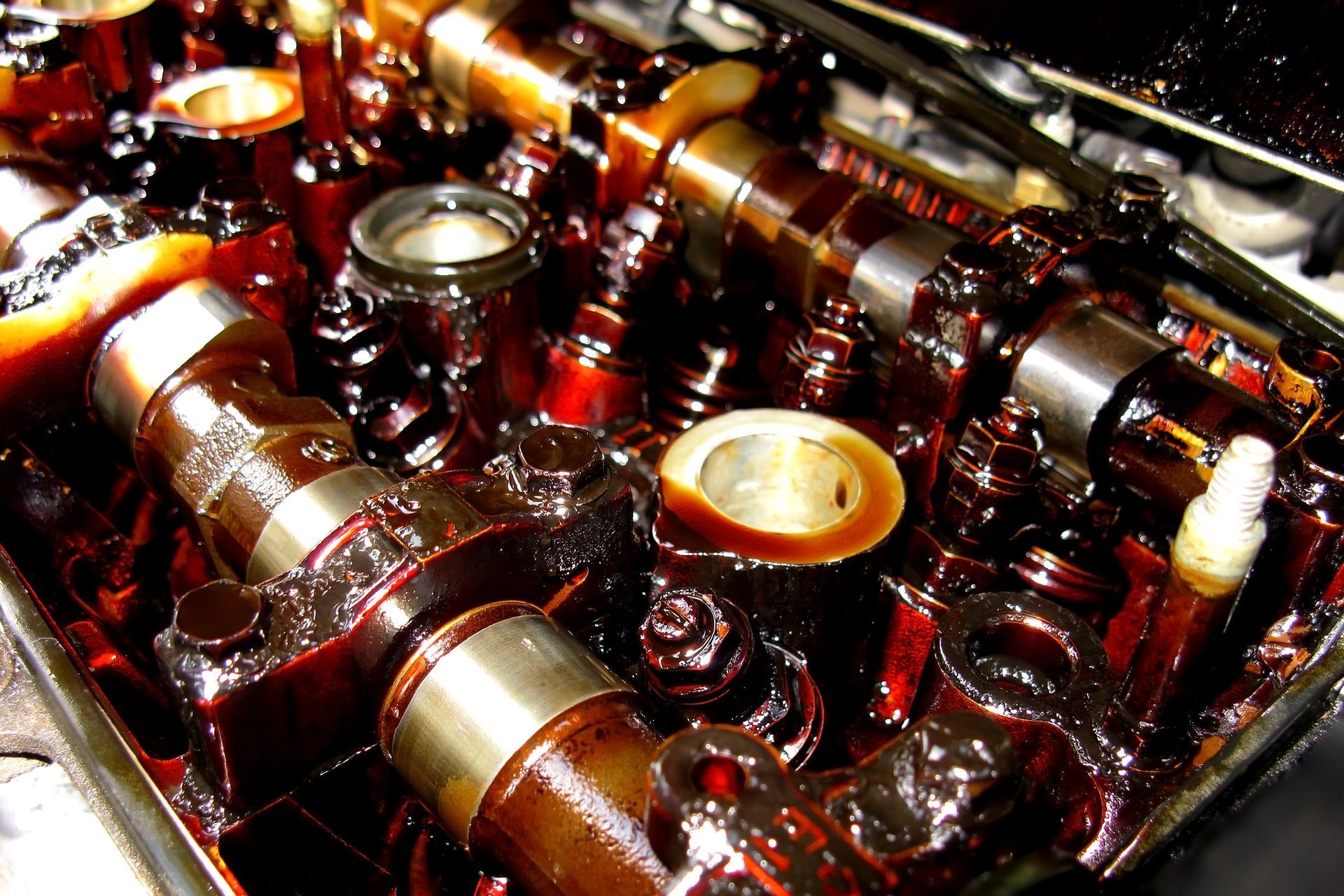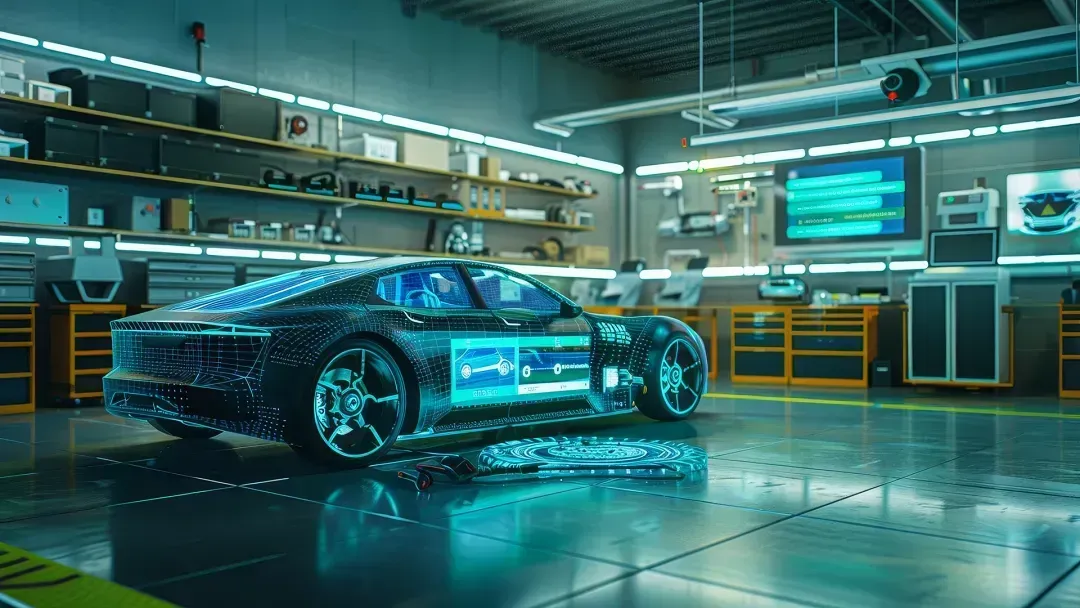Traction control, anti-lock brakes, and stability control are safety features providing tires with a better grip on wet or slippery pavements. Although each is a component of a three-part part system in today’s car, misconceptions arise when people confuse the three or think they perform the exact same function.
The Difference
Anti-lock brakes and stability control work to stop the vehicle, while traction control deals with the opposite, acceleration. Anti-lock brakes keep the car from sliding when you apply the brakes, while stability control is designed to bring the car to a smooth stop should you have to jam on the brakes.
Traction control helps the tires maintain contact with the pavement while the car accelerates. It optimizes control so the car doesn’t slip and side if you pass another car. If you’ve ever accelerated from a dead stop on wet pavement and felt and heard the screeching of the tires as they spun in place, you were driving a car that didn’t have traction control. Traction control limits this slip so that the car starts moving as soon as moderate constant pressure is applied to the gas pedal.
How Traction Control Works
Traction control depends on electronic sensors to monitor the rotational speed of the four tires in order to determine if any one has lost traction. These are the same sensors the anti-lock brake system uses, which is probably why people get confused about the two. If the sensors find that one of the wheels is spinning faster than the others, it will automatically pump the brake on that wheel so it can slow down and stop spinning. When traction control is engaged, you may even feel a pulsing sensation in the acceleration pedal, similar to the pulse in the brake pedal when the anti-lock brake system kicks in.
What Traction Control Will Not Do
Many people mistakenly trust that traction control will prevent the car from hydroplaning across the surface of a wet road. Traction control aids in maintaining traction, it does not make a car stop. When the water level on a road interferes with the tire’s grip on the pavement, the car will hydroplane. When driving during or after heavy rain, traction control or not, the best way to maintain control of the car’s wheels is to drive at a slow steady speed.
Traction control, as well as anti-lock brakes and stability control can be negatively impacted by driving on worn-out treads or tires in need of inflation. With tires, as with all things automotive, maintenance is the best prevention against being stranded on the highway. Should you have concerns about your tires, or your car in general, contact us . At Paul Campanella’s Auto and Tire Center we’re a family-owned and operated full-service auto repair shop, dedicated to personally focused service delivered to meet your vehicle’s every needs. It’s what we’ve been doing since 1986.

